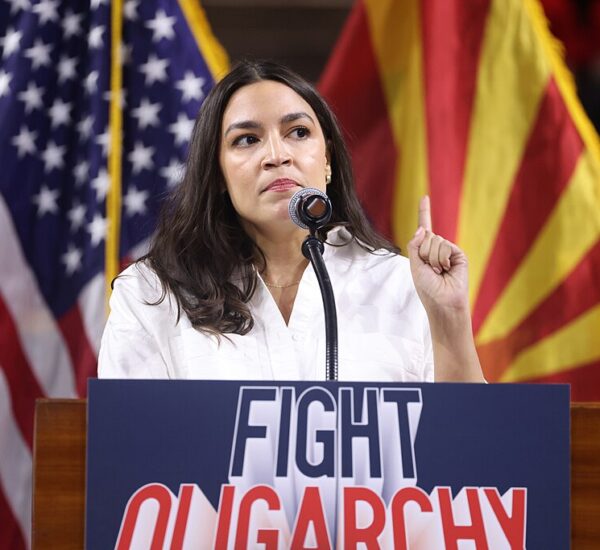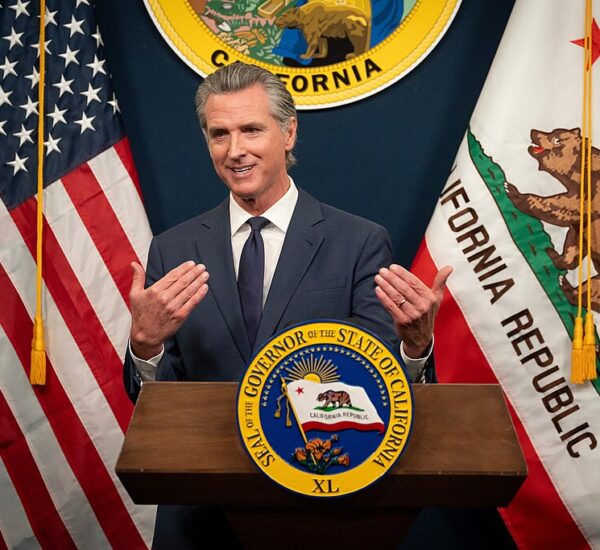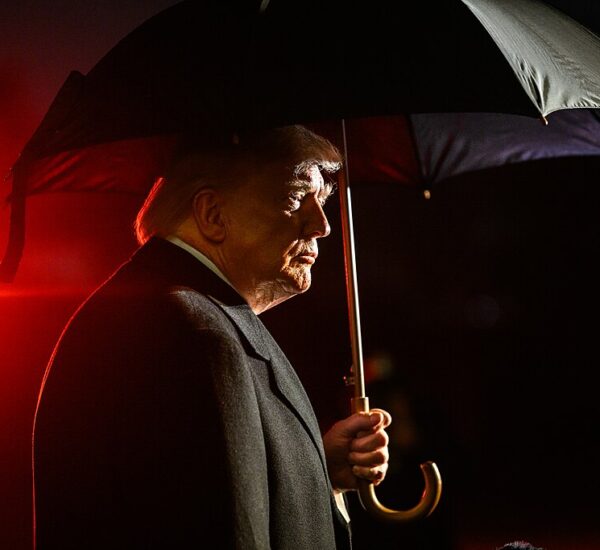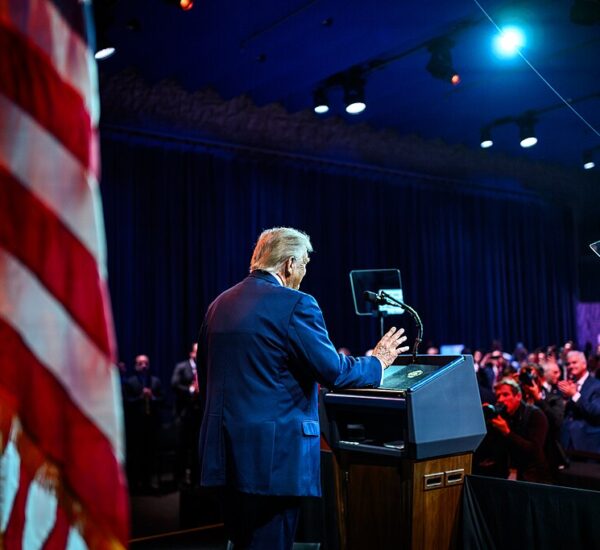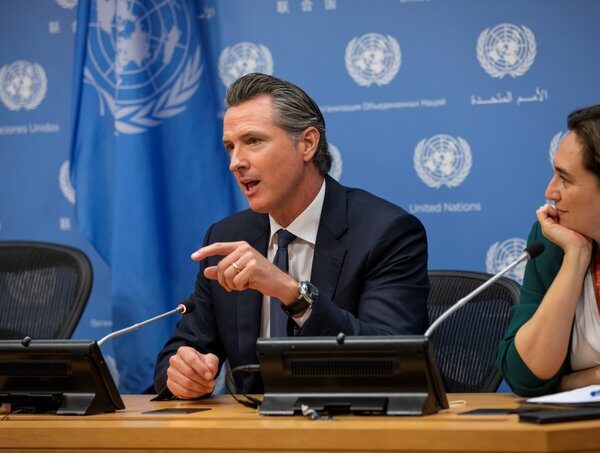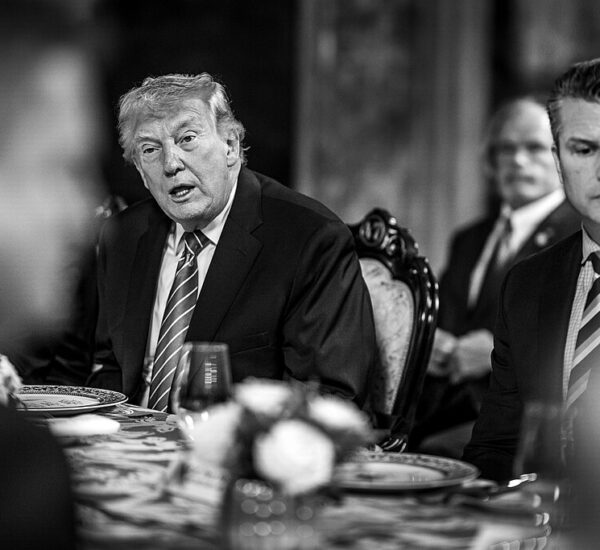Democrats Rage At Trump
Washington, D.C. – Congressional Democrats are accusing President Donald Trump of freezing billions of taxpayer dollars, claiming the money could disappear if not released before the end of the month.
On Monday, Sen. Patty Murray (D-WA) and Rep. Rosa DeLauro (D-CT), the top Democrats on the Senate and House Appropriations Committees, rolled out a controversial “funding tracker” that alleges the Trump administration has withheld more than $410 billion in federal funds.
“We are now nine months into the fiscal year, and President Trump, along with Russ Vought, continue to withhold hundreds of billions of dollars from families, farmers, small businesses, and communities across America,” Murray and DeLauro claimed in a joint statement.
The accusation immediately sparked backlash from Trump officials, who blasted the report as partisan spin. A senior White House official dismissed the Democrats’ claims, saying bluntly:
“If anyone knew what Murray and DeLauro were smoking, they’d be rich.”
Trump’s Push to Reshape Washington Spending
The clash comes as President Trump works to rein in wasteful government programs and redirect taxpayer money toward America First priorities.
Earlier this year, the administration clawed back $9 billion in spending already approved by Congress and is now seeking to rescind another $5 billion without waiting for lawmakers to sign off.
With a September 30 deadline fast approaching, Congress must pass a budget to avoid a government shutdown. Democrats are scrambling to protect massive foreign aid packages and bloated federal programs, while Trump’s team is focused on cutting waste and ensuring taxpayer dollars are spent at home.
This battle could shape the future of federal spending for years to come—and it’s happening just as President Trump ramps up his efforts to drain the swamp in Washington.
Where the Money Is Stuck
Democrats’ tracker highlights several major funding blocks they claim are being held back:
- $37 billion in foreign aid for overseas development projects, much of it to countries that don’t share U.S. interests.
- $40 billion in Transportation Department grants, which Trump critics say are frozen, while Republicans argue they often go to politically connected projects.
- $97 billion in FEMA disaster relief funds, with Democrats accusing Homeland Security of withholding the money without proper explanation.
- $8.9 billion in NIH research grants, which supported more than 2,600 medical research projects—many of which conservatives say were wasteful or unnecessary.
By targeting these programs, Trump’s administration is aiming to prioritize American taxpayers over foreign governments and bureaucrats.
The Bigger Picture: Accountability vs. Politics
For conservatives, this fight is about fiscal responsibility and stopping Washington’s addiction to reckless spending.
President Trump has made it clear: America’s money should stay in America. By freezing questionable grants and redirecting funds, his administration is challenging the D.C. establishment and putting everyday Americans first.
Democrats, however, are framing the move as harmful to communities and institutions that benefit from federal programs—many of which are strongholds of liberal political power.
With just weeks until the deadline, this budget battle could determine whether Washington continues its runaway spending spree or finally tightens its belt to protect future generations.
Why This Matters for Everyday Americans
- Government shutdown risk: If Congress fails to act by September 30, critical services could be disrupted.
- Foreign aid vs. domestic needs: Trump’s America First approach aims to cut billions sent overseas and focus on U.S. communities.
- Taxpayer accountability: The fight highlights where your tax dollars really go—and why transparency is crucial.
As the deadline approaches, Americans will be watching closely to see if President Trump’s vision for smaller government and stronger accountability prevails—or if Democrats succeed in protecting Washington’s entrenched interests.
Bottom line: This showdown isn’t just about numbers on a spreadsheet. It’s about who controls your tax dollars—politicians in D.C. or the American people.

